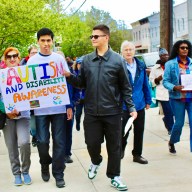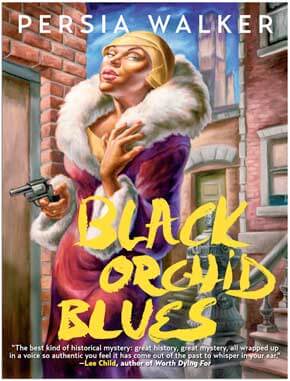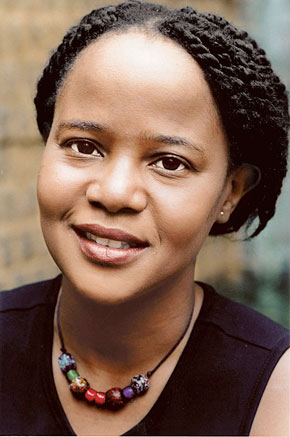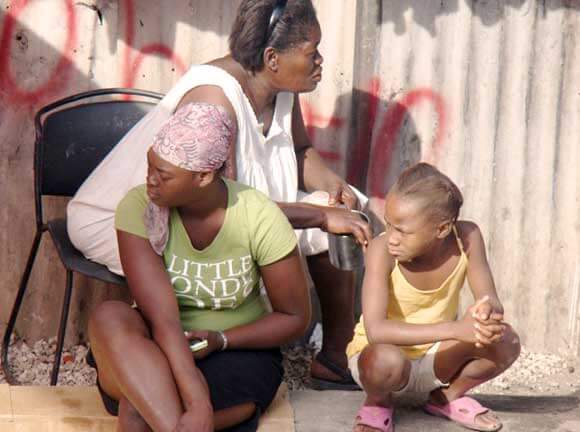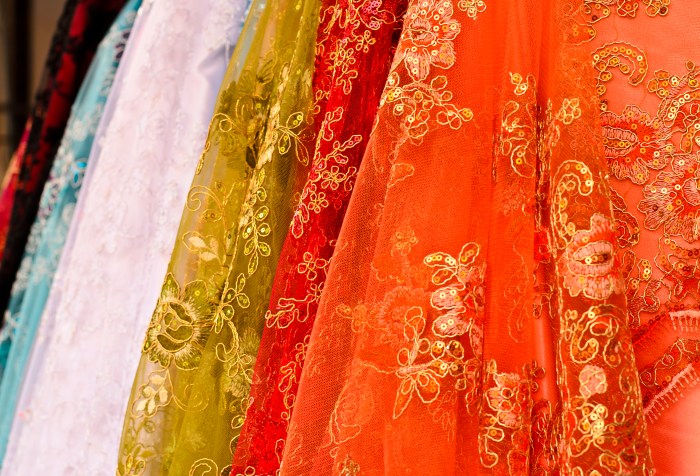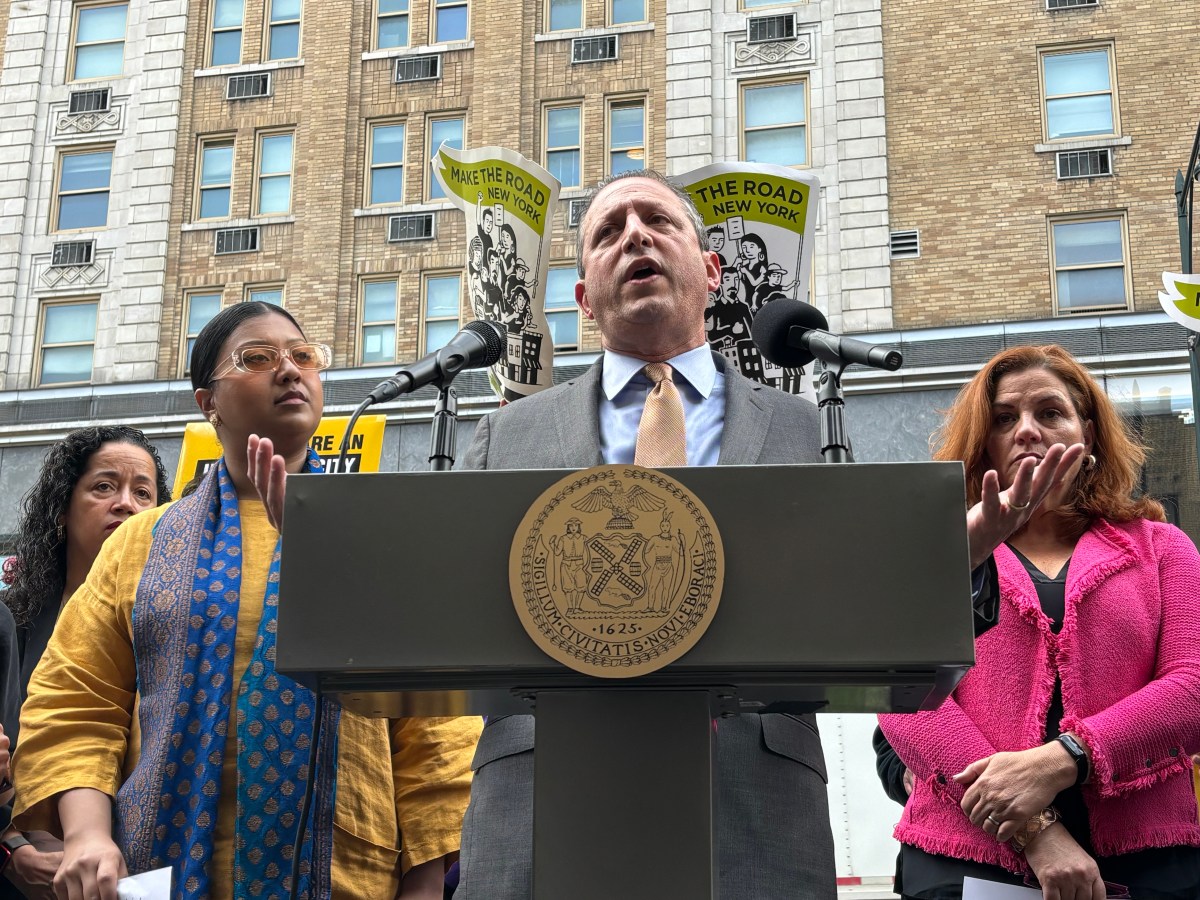‘Good heavens but these crooks are using an awful lot of time and firepower to go after this one little person,’ the reviewer thought about half-way through Kirk .A. Inniss’ remarkable crime novel, “Black Butterflies.”
Set in Trinidad in late 1992 and early 1993, it tells the story of Edward Daniels, a newspaper reporter and artist who, in pursuit of a rare butterfly, sees something on a beach that he shouldn’t. Because that something is highly illegal and has reached its tentacles into the highest levels of law enforcement and politics — not just in Trinidad but throughout a lot of the West Indies — he’s a marked man. And the folks who’ve marked him act like they will stop at nothing to make him dead.
So, as we expect, Daniels is taken into protective custody by the remaining good guys. At first taken to a prison by Scotland yard detective Cassius Charles after they’re nearly gunned down in the street in broad daylight, he’s then spirited away to the house of Senior Superintendent Patrick Stewart (not the British actor, even though it’s interesting to imagine him in the role) a widower who lives with his daughter Arlene. Beautiful and strangely vulnerable, she’s a state prosecutor and the chronicler of people, places, things and events that imperil Daniels and might one day lead to his persecutors being prosecuted, no matter how high up they are. This of course puts the Stewarts themselves in danger, as well as the Cassius, who’s come from the Yard to crack the case. But the pleasant surprise is that all the good guys are three dimensional and human.
Patrick still nurses the wound of his beloved wife’s death when his daughter was a child, and comes to regard Daniels not just as a ward but a friend. We learn that the very wealthy Stewart family once employed Daniels’ grandfather. Indeed, Daniels, the Stewarts and Cassius, along with Cassius’ teenaged daughter Sandi, all become like a family, eating meals together and celebrating holidays. They even feel safe enough to go out to restaurants, which is a bad idea. Of course, Daniels and Arlene fall in love, sort of, to the annoyance of Sandi — life must go on. But there always looms the threat of the maniacs who are methodically killing their way toward our hero. Sometimes the book feels like a nightmare where you can’t keep thugs out of your house no matter how many locks you put on your door.
Inniss knows how to keep the suspense churning — the reader knows that not everyone in Daniels’ surrogate family is going to get out of this alive, and though he’s the narrator you’re not even sure Daniels is going to make it. Inniss makes you care not only for Daniels but for the professionals who have come to love him and are trying their level best not to get him — or themselves — whacked.
“The Black Butterflies” is a well written and exciting book that puts a new, human twist on a familiar genre. By the way, the ending is a real cliffhanger.










